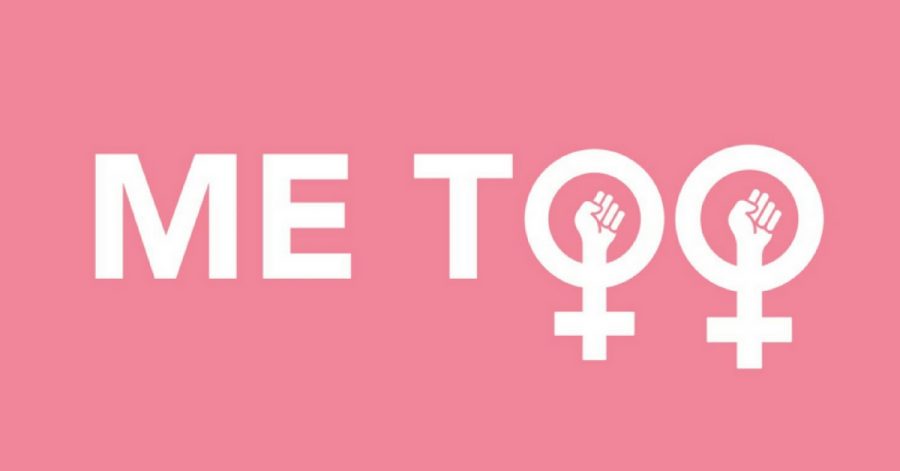#MeToo movement isn’t going anywhere
September 3, 2018
On Aug. 23, 2018, TMZ released a photo of actress Asia Argento in bed with actor and musician, Jimmy Bennett. According to TMZ, the picture is from 2013 when Argento was 37 and Bennett was 17, and they seemed to be naked.
The age difference is what creates an issue, because in the state of California, the age of consent is 18 years old.
All of this matters in the media because Asia Argento became a significant figure in the “#MeToo Movement” after her article in The New Yorker where she claimed former film producer Harvey Weinstein sexually assaulted her.
Media sources across the United States and the world have had a field day since TMZ’s outing of the photo.
They have stated she abused her power as Weinstein did beforehand with her, and she has.
Argento allegedly gave Bennett alcohol, performed oral sex on him, had sex with him, and paid him a settlement of $380,000.
What Argento did was as bad as what Weinstein did to her, but where media failed is that Argento’s actions have absolutely nothing to the “#MeToo Movement” as a whole.
News sources from CNN to the New York Times, and many in between, have called Argento “#MeToo Movement leader.” The Times’ headline claims as much, and an article on CNN says so in its lede. The problem with this narrative is that #MeToo is not a movement with a leader.
The “#MeToo movement” is much like the “Black Lives Matter movement” in that it is about a topic and an issue.
The Civil Rights Movement was very much about a topic and an issue, but there were fundamental legal changes that needed to take place. The #MeToo Movement does not exist in the same way.
No one law or idea can change everything.
Mass media in the U.S. has this weird obsession with movements needing to have leaders.
Argento being sexually assaulted by Weinstein and reporting it never made her the leader of the movement. The idea that those two things correlate is weak at best. That is not how leadership works, and that is the issue with all of these arguments.
Under no circumstance does Argento allegedlydoing what she did have anything to do with the “#MeToo movement” as a whole. If anything it just shows how widespread sexual assault is.
According to an online survey from “Stop Street Harassment,” 81% of women and 43% of men reported that they had experienced some form of sexual harassment in life.
To put that in sheer numbers alone, 81% of women would equal roughly 102 million women of the 126 million women in the U.S.
That is a serious amount of people. The amount by itself should be enough to end any argument of how Argento’s act of sexual violence undermines the “#MeToo Movement.”
The issue I have beyond the vast overstatement of Argento’s importance to the movement is the general public and opponents of the #MeToo Movement using Bennett’s situation as a way to continually avoid the problem.
The rhetoric exists in a way that makes any male who has been sexually abused as a way of undermining women’s experience but it should not. Bennett’s situation should show, more than anything, how widespread of a problem rape, and sexual assault is in the country and the world.
Argento’s sexual abuse of Bennett should show the problems with our system and how we view rape. But instead, it is being used to discredit a movement that conservatives and misogynists love to hate, because it calls out so many of their people. Our country and our people would be in a much better spot if we would actually listen to people’s issues instead of the controlling class creating narratives to discredit movements of genuine substance.
The “#MeToo movement” has had such a profound impact because of how many ordinary, everyday people have experienced sexual assault.
If the allegations against Asia Argento are found to be true, Jimmy Bennett will be another person who can also say #MeToo.
The movement will go on because of the sad reality that many people have been sexually assaulted, not because of some so-called “leader.”



